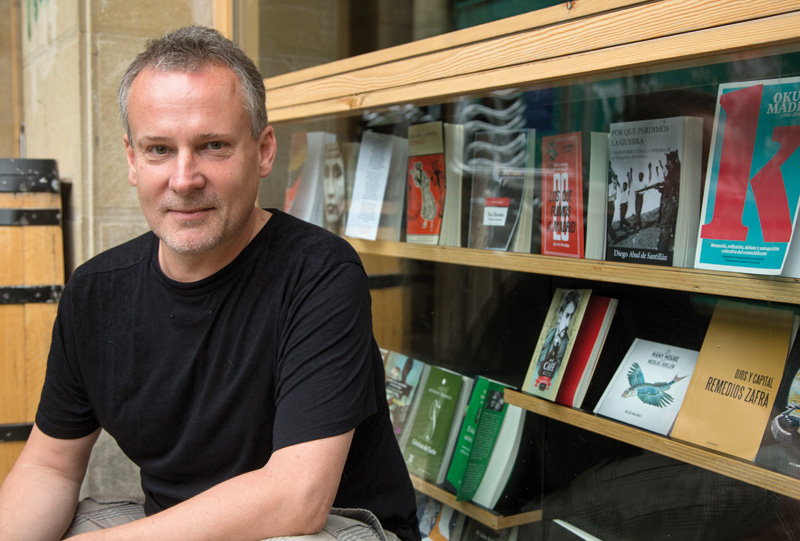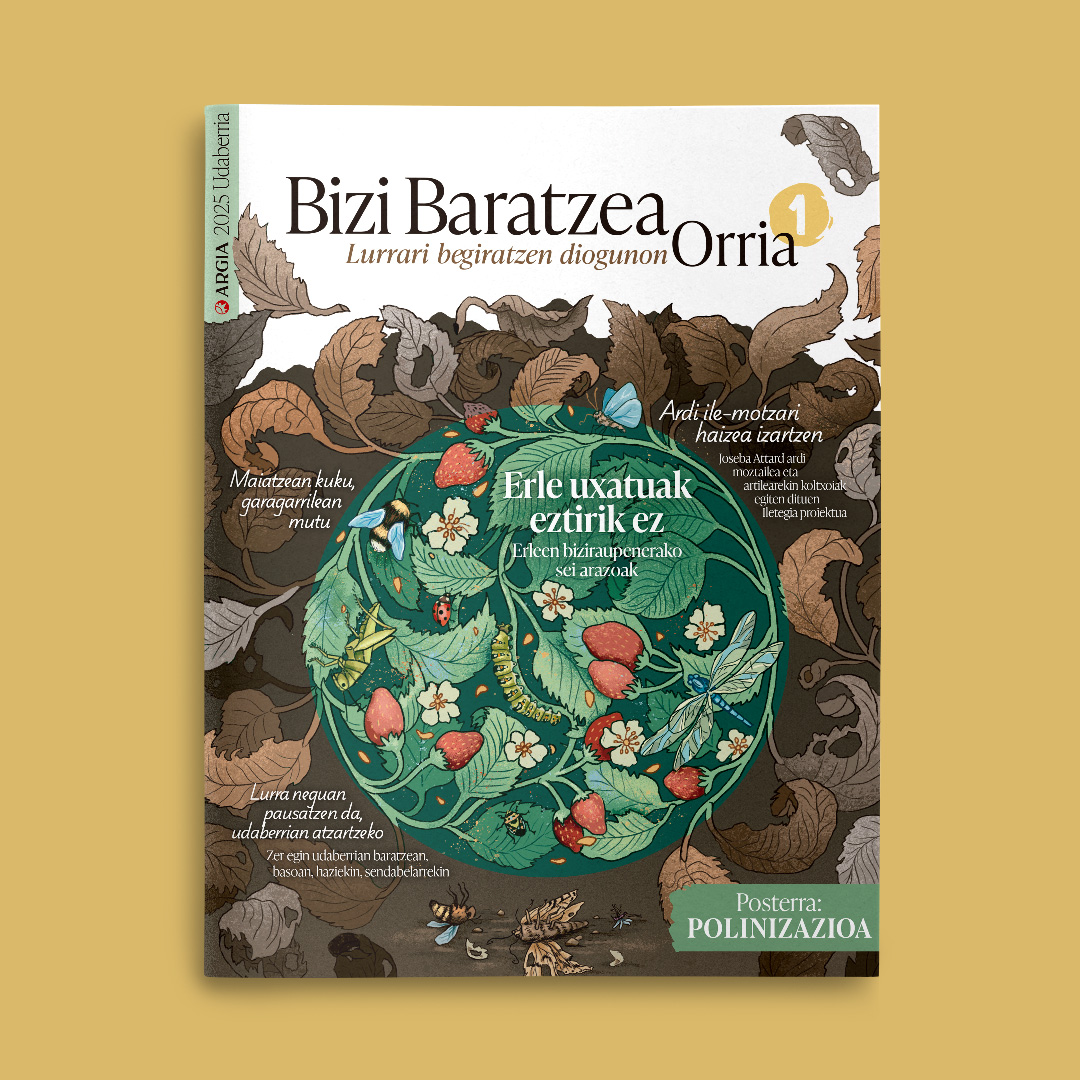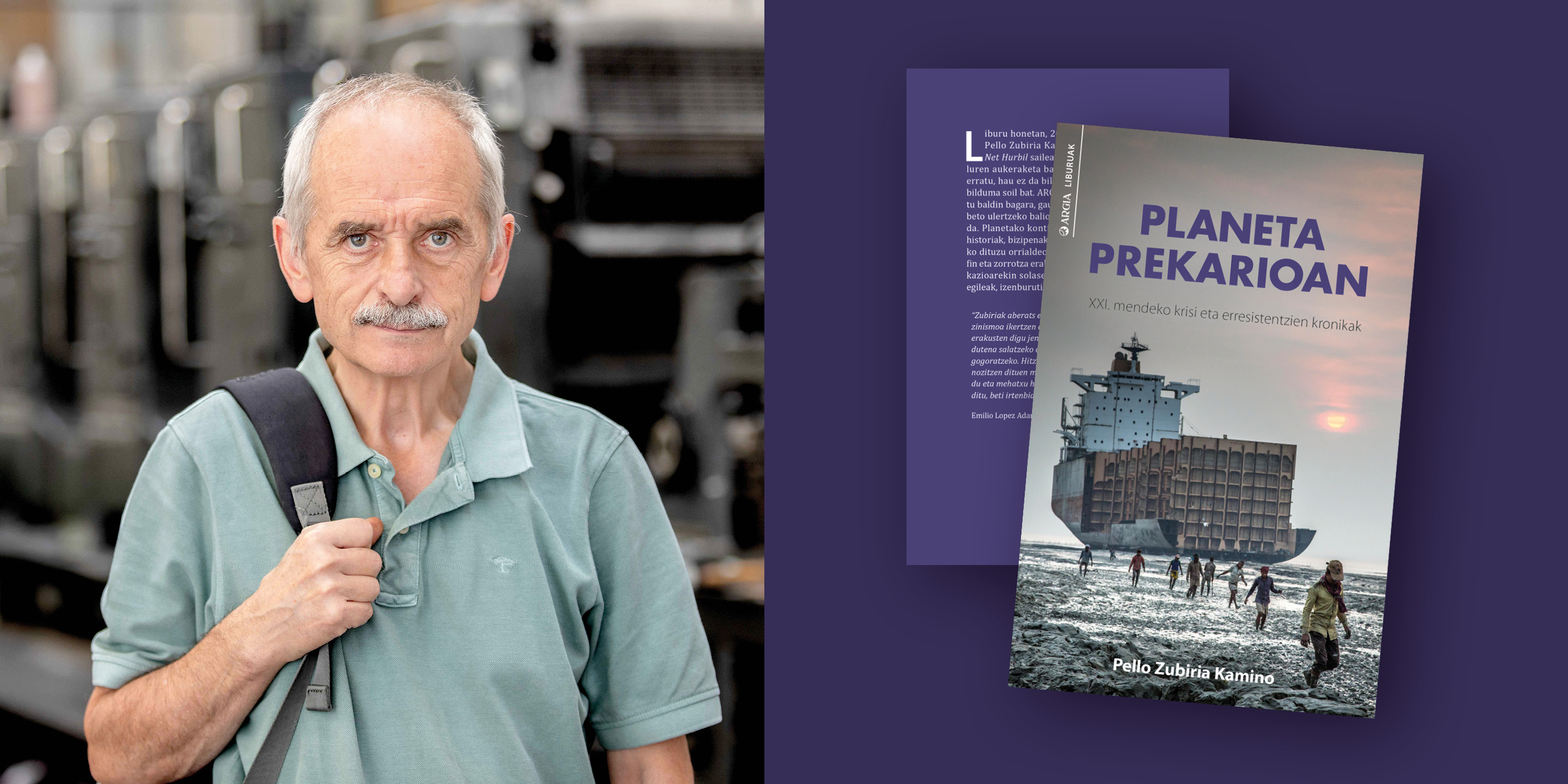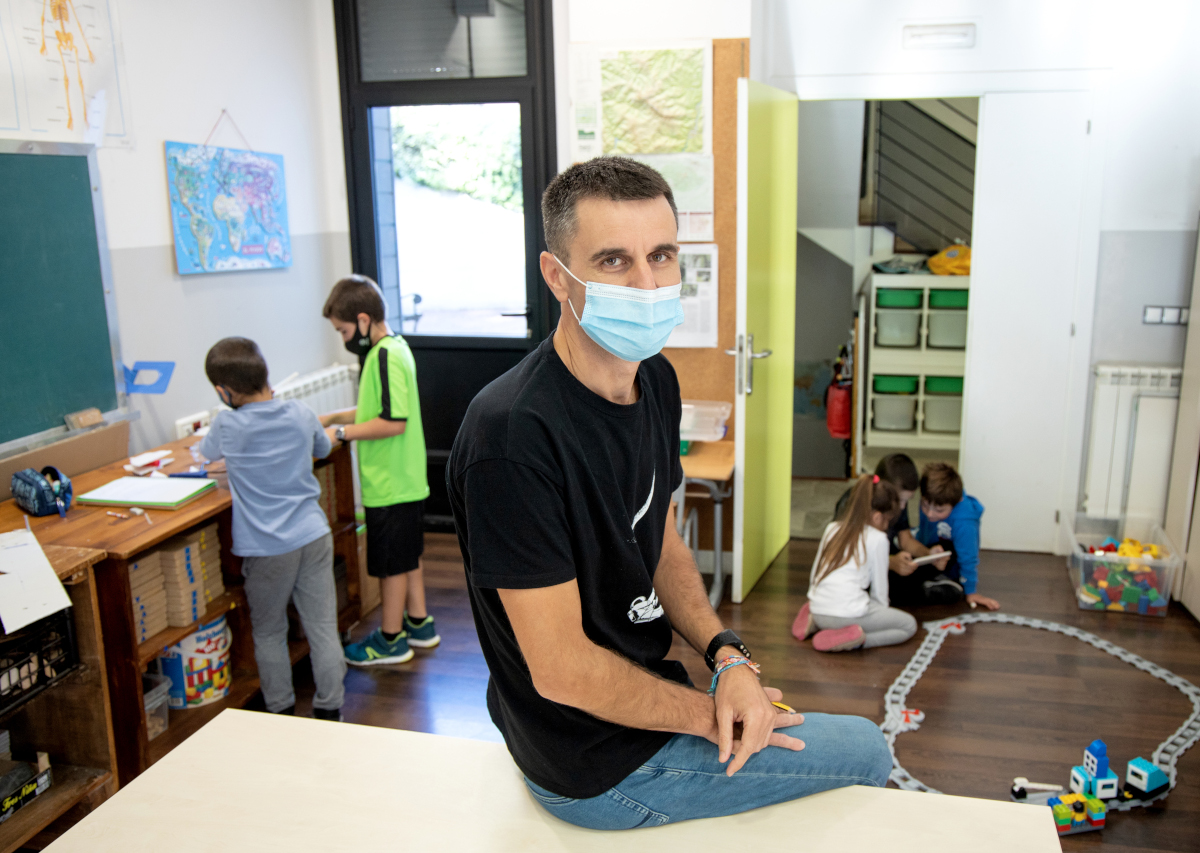Basque Country in English, counting from home the international community

Don’t be afraid, with the new course we won’t have to start reading the weekly in two languages. A few months ago, the first articles, news and reports that were published on the Internet began to be translated into English. The report on Korrika, translated in auzolan to 40 languages, was broken by the brands. The objective is clear, to tell the international community what happens in the Basque Country. Because it's known to us to write here from the outside, without complete information and often with interests.
The translations so far have been disseminated on the Internet, and since ARGIA operates under the Creative Commons license, it is related to various international media and they have also disseminated these texts.
Given the welcome and success of these first articles translated into English, ARGIA, with the collaboration of Aritz Branton, member of the translation company 11has started to publish translations with a certain frequency: Branton will translate two reports into English per month, which will be disseminated through the network. The translator has done similar work, but has been satisfied with the challenge of working with the articles of ARGIA. He has told us that they will give him a broad opportunity to analyse and work these texts, and that it will be an “interesting” job at a personal level.
He has already made his first translation, a report on the pastoral care of Katalina Erauso. From now on you will need to follow the network to learn the following, in the direction www.argia.eus/english you have all the items and videos. And you can follow @Argia English account on Twitter and Facebook.
Can you imagine the international community that uses sources from the Basque Country to write about the Basque Country? Have we explained ours to you? It is a step taken by ARGIA, and it would be very nice if all the forces went in that direction to build “Basque Country”. In the meantime, ARGIA will continue to act from a young age.
Urtaro bakoitzean kaleratuko den aldizkari honek Lurrari buruzko jakintza praktikoa eta gaurkotasuneko gaiak jorratuko ditu. Formato oso berezia du: plegatutako orri handi bat da eta zabaldu ahala poster handi bat agertuko zaigu barnean. ARGIAk sostengatzen du Bizi Baratzea... [+]
Santi Cobosen ahozko testigantzan oinarrituta, espetxearen erretratu bat da Zigor Olabarriaren Txori Urdinak liburua. Santi Cobosek (Leon, Gaztela, 1968) bizitzaren erdia eman du preso. Pairatu ditu torturak, jipoiak, muturreko isolamendua, FIES sailkapena; burutu ditu ihes... [+]
























